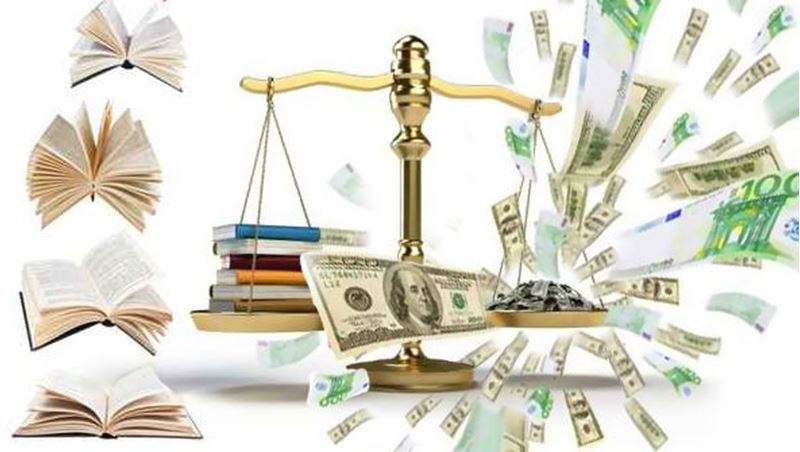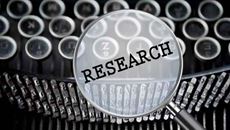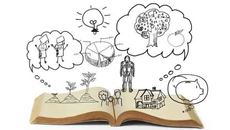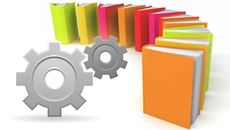- Delivery Method Online
- Professional Certificate
- 24hrs Suggested Study Time
- 3 Months Access
- Tutor Support
- Study On Any Device
- 558 Students
Write and publish Your Own Self-Help Books

Learn how to position your self-help book for success, write a persuasive proposal for agents and publishers, and use storytelling techniques to make your message compelling.
Are you serious about becoming a published self-help book author—and are you ready to roll up your sleeves and get to work? Then this course is for you!
One of the most important secrets in publishing is that writing self-help books is different from writing books in other genres. That's because in this genre, you can land a writing contract before you complete your manuscript. In these lessons, a New York Times bestselling author shares the secrets for turning a book idea into a winning proposal to sell to publishing houses.
First, you'll learn about two of the most important players in the publishing industry—literary agents and acquisitions editors. You'll discover what they're looking for and find out how to maximise your chances of landing a contract.
Once you understand how the book industry works, you'll explore the three crucial criteria for selecting a topic for your first self-help book. You may even discover that you have more than one book in you! You'll also investigate the pros and cons of collaborating with other writers or having your book ghost written.
Next, you'll conduct a market survey of your key competitors and strategise how to position your book to sell. Then you'll find out the biggest secret for turning a self-help book into a top seller: a great hook! You'll learn the four characteristics of a good hook, and create your own sensational hook.
At this point, you'll get down to business and focus on writing your book. You'll confront one of the most challenging parts of writing a book—putting your life experience and insight into a concise, linear book format. You'll learn how to structure your book, how to speak directly to your readers, and how to use compelling stories to illustrate your message. To wrap up your writing practice, you'll create a dynamic chapter opening and learn how to write a chapter ending that keeps your readers engaged.
As you follow the step-by-step instructions in these lessons, you'll create a polished proposal package consisting of a proposal summary, a writing sample, a press kit, and supplemental information. By the end of the course, you'll have everything you need to start selling your book—and you'll know exactly what agents are looking for in a first-time author!
Courses are delivered to you through expertly executed lessons, online instruction and interaction with like-minded students. Our courses are designed to deliver all of the benefits of studying in a classroom whilst giving you the flexibility to study at a time and place to suit your needs. You can access your classroom 24/7 from any device with an internet connection.
This course has a 3 month duration. You'll complete comprehensive lessons, quizzes and assignments before submitting your final exam at the end of the course to achieve your certificate. Courses must be completed within the 3 month access period.

Carmen Berry
Carmen Berry, a New York Times bestselling author, has written more than 20 books published by houses such as HarperCollins, Simon & Schuster, and Penguin. She has appeared on high-profile television and radio programs including OprahRead more
Read Carmen Berry's ProfileFrequently Asked Questions
The Learning Environment
From the moment that you enrol in the Write and publish Your Own Self-Help Books you will become an integral part of our learning community. You'll find yourself with the freedom to learn at a speed that suits you, on any device, from anywhere in the world. Achieving your career goals no longer has to mean compromising family and work commitments.
Our Values
Learn At Your Own Pace
We believe in personalised learning. That's why we provide all the tools and support you need to succeed at your own pace. With flexible learning, you'll stay motivated and retain more information. Plus, you can balance your studies with work and family commitments to make your dreams a reality.
We Won't Break The Bank
Education should be accessible to anyone who wants to learn. That's why we offer some of the most competitive prices in the industry with payments plans for just $25 per week. Investing in your future is a smart choice and doesn’t have to break the bank.
Industry-Led Courses
There's no better way to learn than from experts with years of experience in your field. That's why each of our 200+ industry-led courses are designed to give you a real-life perspective on your industry. With our expert mentors, you'll learn from people who have a wealth of knowledge and experience, and who are passionate about sharing it with you.
Get The Personal Support You Deserve
At Vibe Learning, we're real people who are dedicated to providing you with personal support every step of the way. Our industry experts are not only professional and knowledgeable but also incredibly passionate about sharing their expertise with you. With their guidance, you'll gain invaluable insights and practical knowledge to help you succeed.
Still looking?
Check out the following courses related to Write and publish Your Own Self-Help Books:





